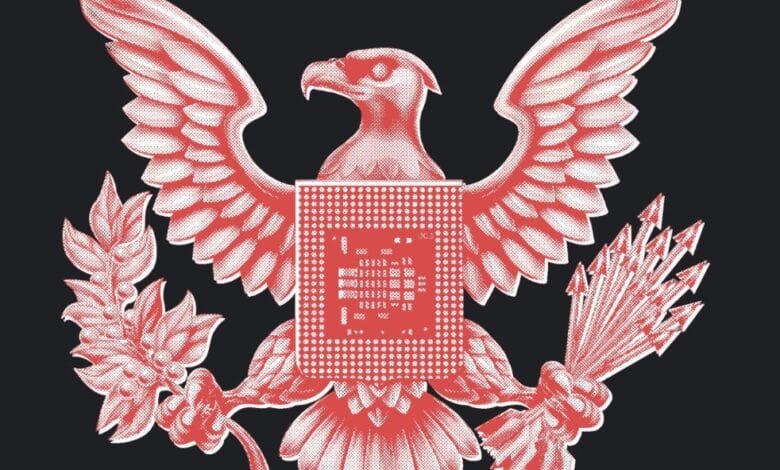Musk’s Government Efficiency Unit (DOGE) Embraces AI

▼ Summary
– DOGE, led by Elon Musk, is integrating AI into federal workflows, aiming to automate and scale operations similar to a Silicon Valley startup, with early efforts focusing on AI-driven regulatory reviews at HUD.
– The agency plans to deploy AI agents across various government functions, potentially replacing thousands of jobs, but faces criticism for moving too quickly given AI’s current limitations and risks.
– Project 2025 aims to overhaul federal operations with AI, including initiatives like AutoRIF for staffing reductions, raising concerns about decision-making transparency and data security.
– Controversial appointments and data access requests, such as the appointment of a student to lead AI projects and attempts to access Social Security data, have sparked privacy and governance concerns.
– DOGE’s rapid automation efforts face scrutiny from lawmakers and watchdogs, with legal challenges over privacy issues and doubts about claimed budget savings, highlighting tensions between efficiency and oversight.
Elon Musk’s Department of Government Efficiency (DOGE) has shifted from policy audits to a full-scale integration of artificial intelligence, treating federal workflows like a Silicon Valley startup looking for scale and automation. Early efforts include AI-driven reviews of Department of Housing and Urban Development regulations to flag potential overreach, a task prone to machine “hallucinations” when models misinterpret legal language. DOGE has publicly advertised roles to design benchmarks and deploy AI agents across live workflows with the stated goal of replacing tens of thousands of government positions, a strategy critics describe as hasty given the technology’s limitations. This push builds on programs like AutoRIF, intended to recommend staffing reductions, but raises alarms about opaque decision‑making and data security vulnerabilities. Observers warn that without robust safeguards; such automation could hollow out essential functions and shift burdens to external contractors.
Startup Approach and Key Initiatives
Musk inaugurated DOGE under the banner of Project 2025, promising “startup speed” in overhauling federal operations through AI pilots and rapid hires. Among the earliest deployments, AI systems at HUD have been tasked with sifting regulatory text to identify “inefficiencies,” a narrow but high-stakes application given the potential for incorrect rule revisions. In recent weeks, a DOGE recruiter posted openings for engineers to build and manage AI agents intended to handle procurement audits and human resources processes, signaling ambitions well beyond initial experiments. Beyond government agencies, Musk’s xAI arm is in talks with Microsoft to host his Grok AI model on Azure, suggesting plans to scale proprietary AI technologies across public and private sectors alike.
Personnel Moves and Data Ambitions
In an unconventional appointment, DOGE designated Christopher Sweet—a University of Chicago student on academic leave—as lead of an AI-driven rule‑rewriting project at HUD, despite his lack of government experience. Concurrently, the Trump administration petitioned the Supreme Court to grant DOGE access to sensitive Social Security data, framing it as essential for fraud detection and modernization efforts, even as lower courts have imposed strict limits on identifiable information. Reports also reveal DOGE staff using AI tools to monitor internal communications for criticism of President Trump, a practice flagged by data‑privacy experts as a breach of civil liberties. Amid mounting scrutiny, Musk announced plans to step back from DOGE leadership in May, underscoring growing concerns about overreach and governance.
Risks, Pushback, and Oversight
Democratic lawmakers and watchdog groups have demanded transparency documents, labeling DOGE’s “govern‑by‑chaos” tactics as antithetical to accountable governance. A POLITICO review found inconsistencies in DOGE’s published savings data, casting doubt on its claims of multibillion‑dollar budget cuts. Legal challenges continue over data‑access limits, with courts restricting AI’s reach into personal records amid privacy and statutory concerns. At its core, DOGE’s rapid automation experiments expose a tension between efficiency and oversight, as reliance on imperfect AI tools risks misinformed decisions and accountability gaps. With Congress poised to contest many of DOGE’s initiatives, the agency’s next phase will test whether AI can enhance government services or simply accelerate dysfunction.
